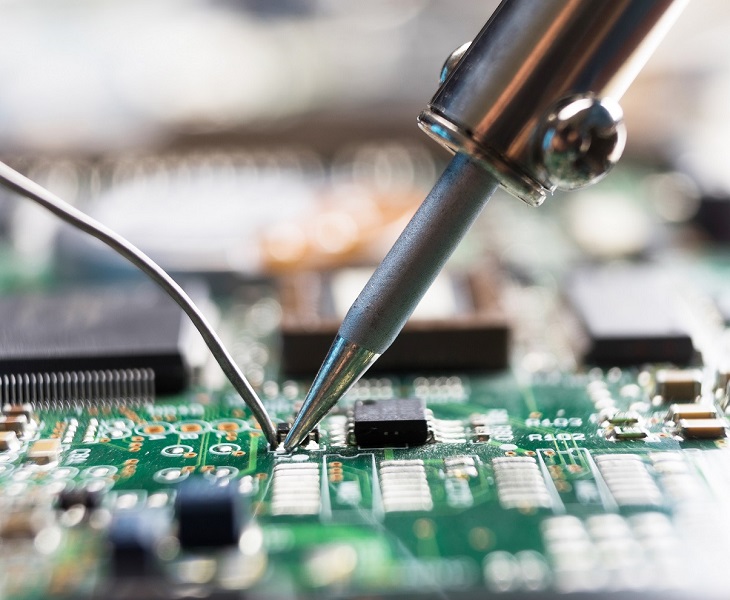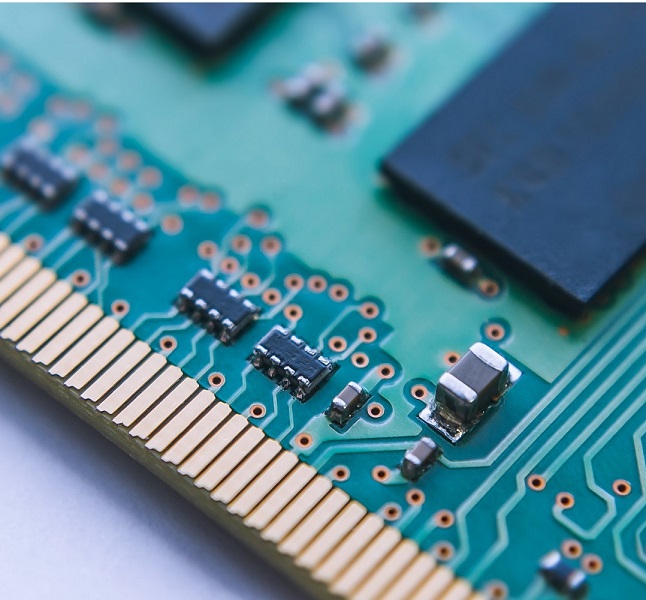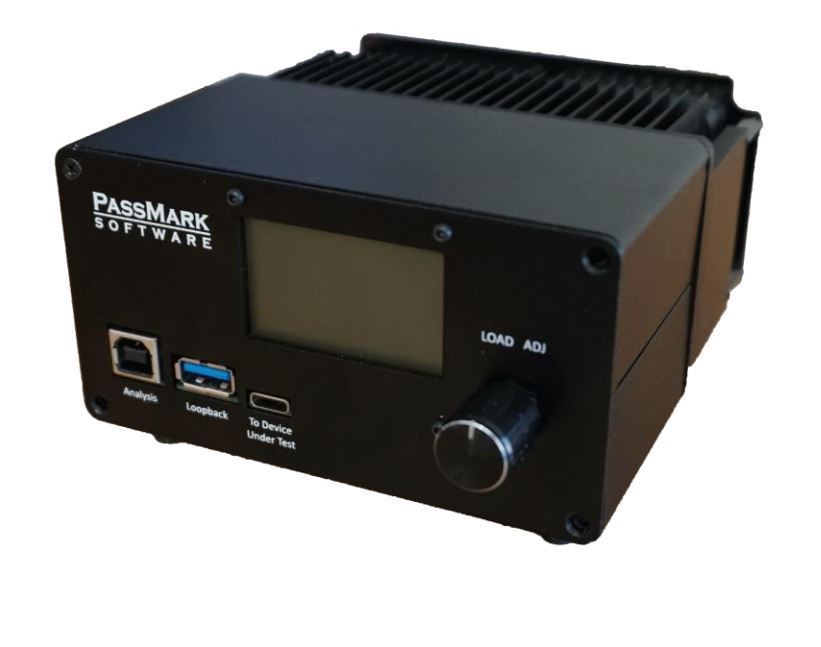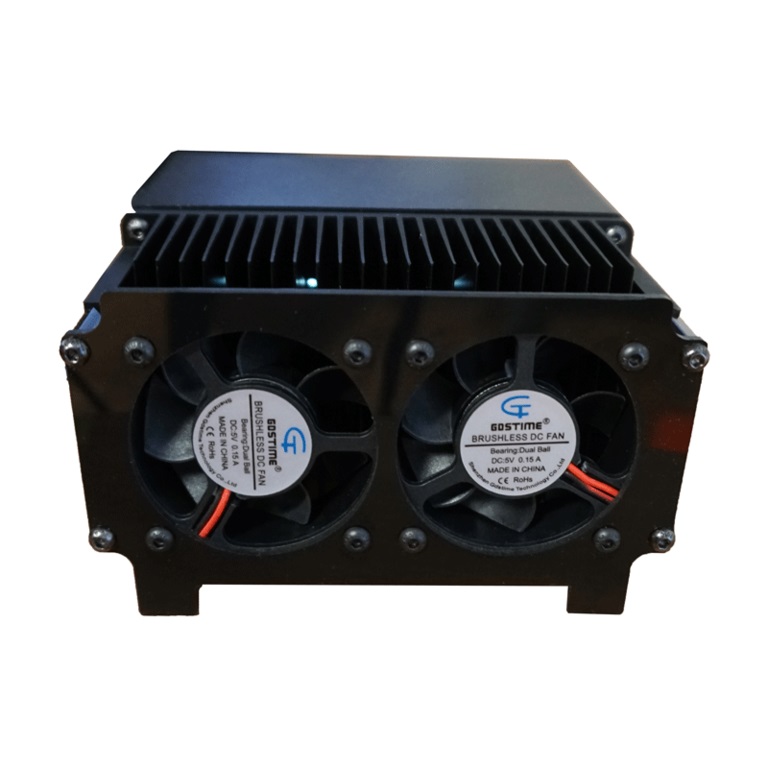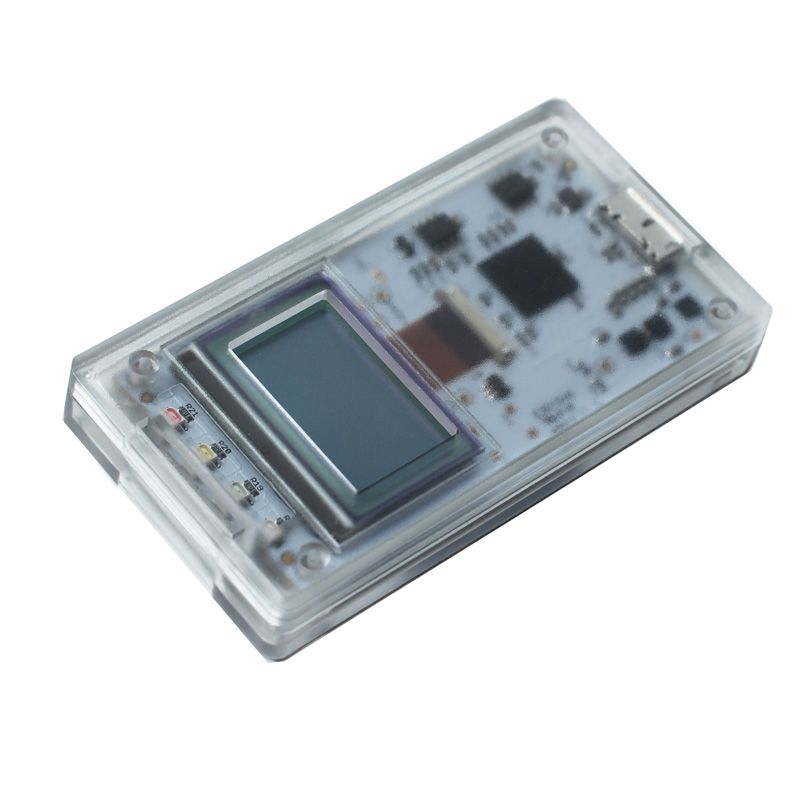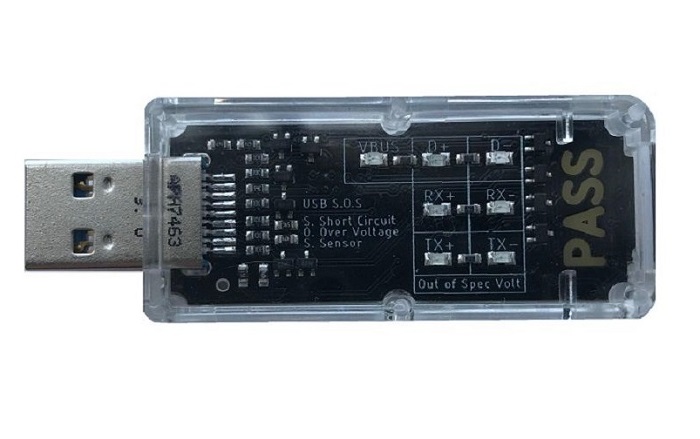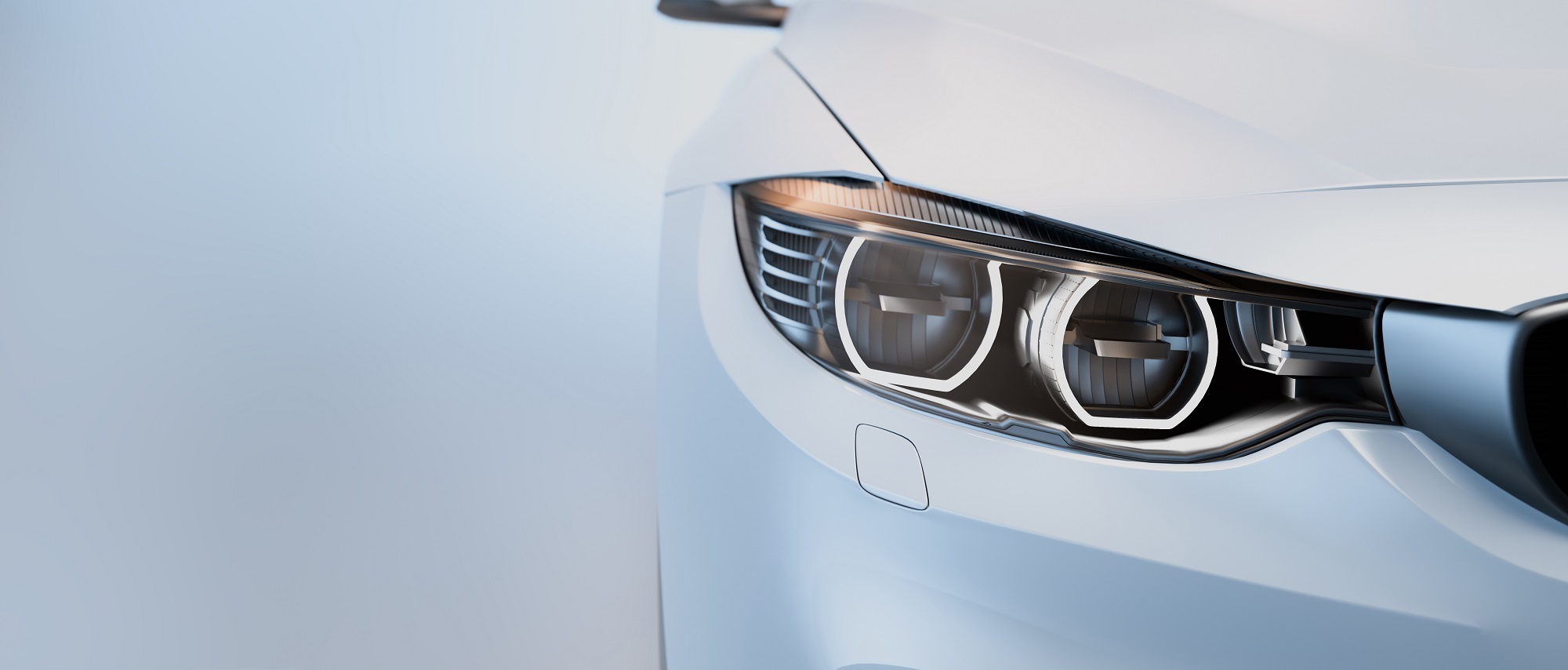
USB Type C & PD in the automotive sector
What is USB Type C?
USB-C, also known as USB Type C, is the latest connector developed by the USB Implementers ’Forum (USB-IF) - a group of leading electronics companies such as Apple, Intel, Dell and Belkin. Since many of the world's best known manufacturers support this new technology, it is already being used everywhere. Thanks to this support, USB-C will gradually replace the previous USB types, i.e. USB-A, USB-B and USB Mini-B.
What is Power Delivery?
USB Power Delivery is a USB specification that makes it possible to supply devices with up to 100 watts. The voltage is adjustable for the first time with Power Delivery.
- New reversible connector with a height of only 2.4 mm
- Compatible with USB Power Delivery 2.0 with up to 100 W.
- Double the bandwidth of USB 3.0 and increase it to 10 Gbit / s with SuperSpeed + USB3.1
- Combines multiple protocols in a single cable, including DisplayPort ™, PCIe® or Thunderbolt ™.
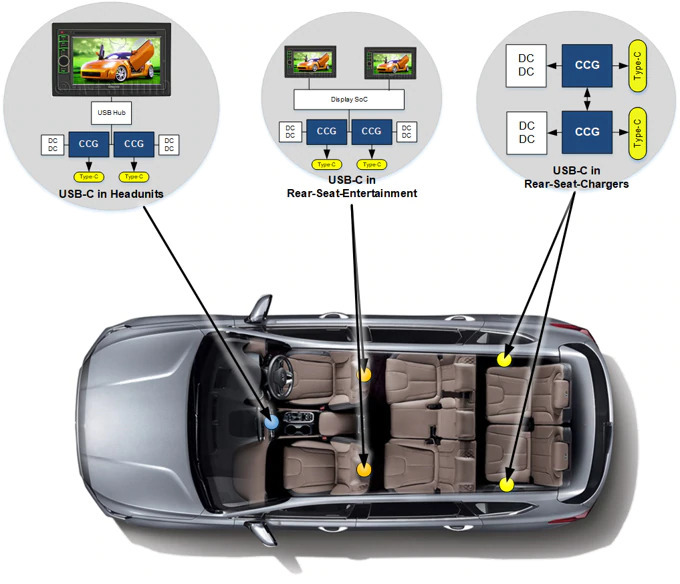
USB Type C and USB Power Delivery in the automotive sector
As more consumer devices (such as phones, tablets, and laptops) support USB-C and Power Delivery, the need for USB-C and Power Delivery ports in cars increases. Consumers can quickly charge all of their devices (including laptops and tablets) via USB-C and enable new features like intelligent mirroring for entertainment in the back seats.
Lorem Ipsum dolor sit amet
Lorem ipsum dolor sit amet, consetetur sadipscing elitr, sed diam nonumy eirmod tempor invidunt ut labore et dolore magna aliquyam erat, sed diam voluptua. At vero eos et accusam et justo duo dolores et ea rebum. Stet clita kasd gubergren, no sea takimata sanctus est Lorem ipsum dolor sit amet. Lorem ipsum dolor sit amet, consetetur sadipscing elitr, sed diam nonumy eirmod tempor invidunt ut labore et dolore magna aliquyam erat, sed diam voluptua. At vero eos et accusam et justo duo dolores et ea rebum. Stet clita kasd gubergren, no sea takimata sanctus est Lorem ipsum dolor sit amet.
USB Type C Automotive Controller
Due to the high requirements, USB Type C controllers in the automotive sector have to have numerous properties, such as programmable, highly integrated Type C and PD properties for intelligent, in-vehicle charger connections (head units, rear seat chargers and rear seat entertainment). An example of this is the product family of EZ-PD CCGx controllers from Cypress Semiconductor, which provide a multitude of functions and properties that are necessary in the automotive sector.
Features of USB Type C controllers
- Dynamic load balancing between the individual connections
- Support of the USB Power Delivery 3.0 standard with PPS and older protocols (BC 1.2, QC 2.0 / 3.0 / 4.0 +, Apple Charging, Samsung AFC)
- One-chip solution for systems with USB-C + USB-A (with CCG3PA Automotive)
- Intelligent communication with media hubs in the infotainment unit
- Support of "Alternate Mode" (DisplayPort standard) in rear seat entertainment systems
- Cable length compensation for designs with connection cables
- Intelligent power management with temperature-dependent and VIN-based power throttling
- Possibility of user-defined adaptation (connection priority, LED displays, etc.) through programming
- Flash memory updated to the latest USB power delivery standards
What is the problem with USB Type C?
Due to the fact that the possible power output is considerably higher than with previous USB specifications, there are many advantages that speak for the implementation of USB-PD, but also one primary disadvantage: security.
Since USB-PD (Power Delivery) enables a much greater power output than conventional USB charging standards, even small percentage deviations from the specification for cables or power supply units lead to problems, damage or, in the worst case, to injuries. There have been numerous reports of burned-out or burned-out Type C charging sockets caused by untested no-name power supply units or cables whose resistances were incorrectly dimensioned and thus gave too much power.
Tools for testing USB Power Delivery
With the right tools, comprehensive tests for compliance with the specification can be carried out and valuable time can be saved in the development of USB-PD systems.



